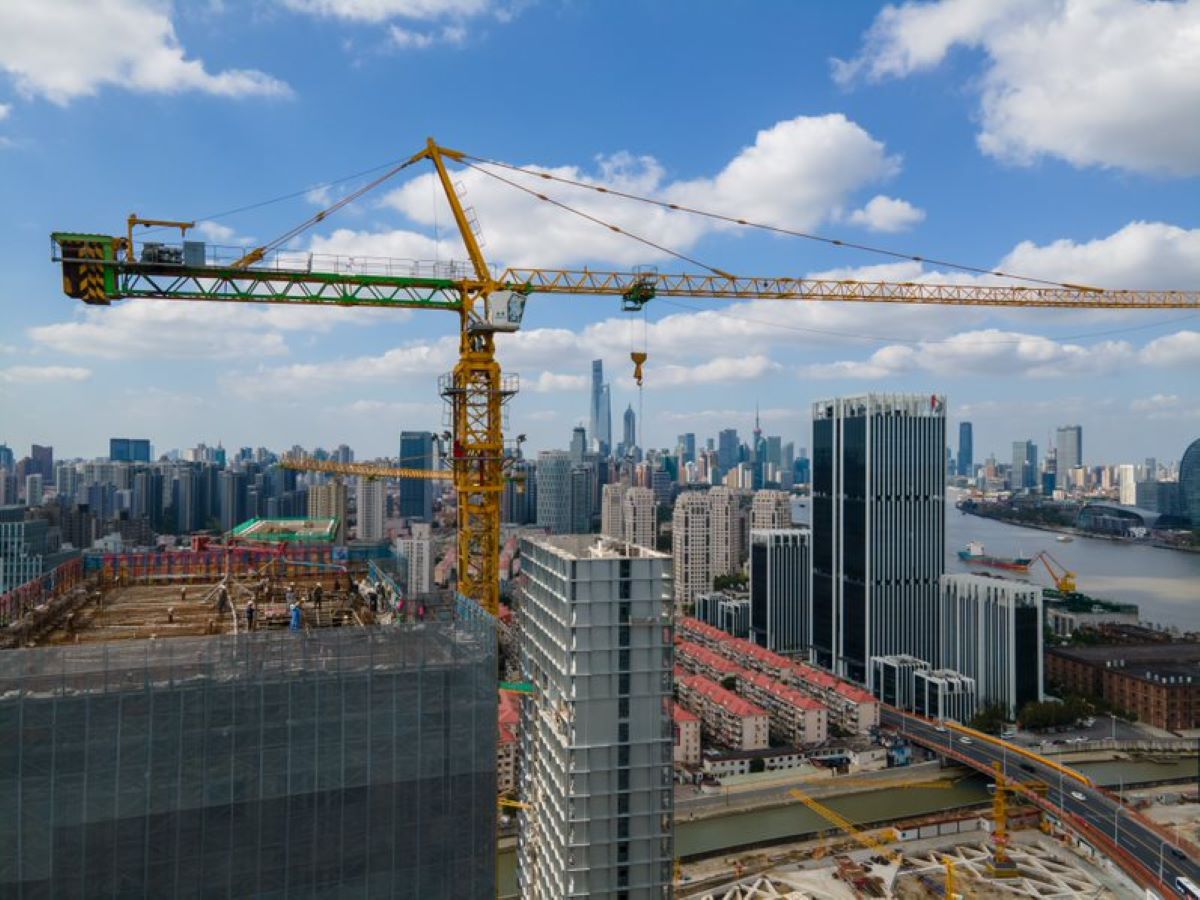After two troubled years for the property sector, China’s government has begun taking measures to rescue the real estate sector. According to Vontobel, Bejing seems also determined to boost economic growth through strong fiscal measures and monetary policy easing. The Swiss asset manager discusses how these measures can help enhance the confidence in China’s real estate market and where the opportunities lie for bond investors.
In a recent insight, Vontobel details the government measures that include the allocation of an additional 1 tn yuan in special China Government Bonds (CGB) in 2023. The asset manager also points out that the Priority Sector Lending (PSL) and banks’ credit support will help local governments resume stalled property projects. This may lead to urban village renovations and the construction of public housing.
“If all supportive actions are taken in the coming months, they would represent China’s most forceful attempt yet to plug an estimated $446 bn shortfall in funding needed to stabilise the industry and complete millions of unfinished homes,” says Cosmo Zhang, Credit Analyst at Vontobel.
Zhang believes that these measures depict that the Chinese government acknowledges the potential systemic risk from the property crisis impacting the wider economy. “We expect more supportive measures for sales growth and funding access to be released in the coming months,” says Zhang.
Besides, according to Wouter Van Overfelt, Head of Emerging Markets Bonds at Vontobel, China’s property sector is set to recover after two years of crisis. “…but we expect bond prices to recover earlier and at a faster pace, driven by the market’s forward-looking pricing. While we don’t expect a sharp rebound as seen in November 2022, selected Chinese property sector bonds are set to bottom out,” he adds.
Going forward, Vontobel foresees developers experiencing a higher sell-through rate and the power to raise house prices on the back of rising demand. “Also, if the social housing conversion involves suspended projects, this helps resolve the social stability issue.”
Separately, the asset manager expects that a rebound in the Chinese housing sector will improve the profitability of commercial banks and reduce non-performing loans (NPL).
This article was first published on capitalmarkets.net.










 Australia
Australia China
China India
India Indonesia
Indonesia Japan
Japan Malaysia
Malaysia Philippines
Philippines Singapore
Singapore South Korea
South Korea Taiwan
Taiwan Thailand
Thailand Vietnam
Vietnam
 Germany
Germany USA
USA Switzerland
Switzerland Singapore
Singapore
 United Kingdom
United Kingdom








